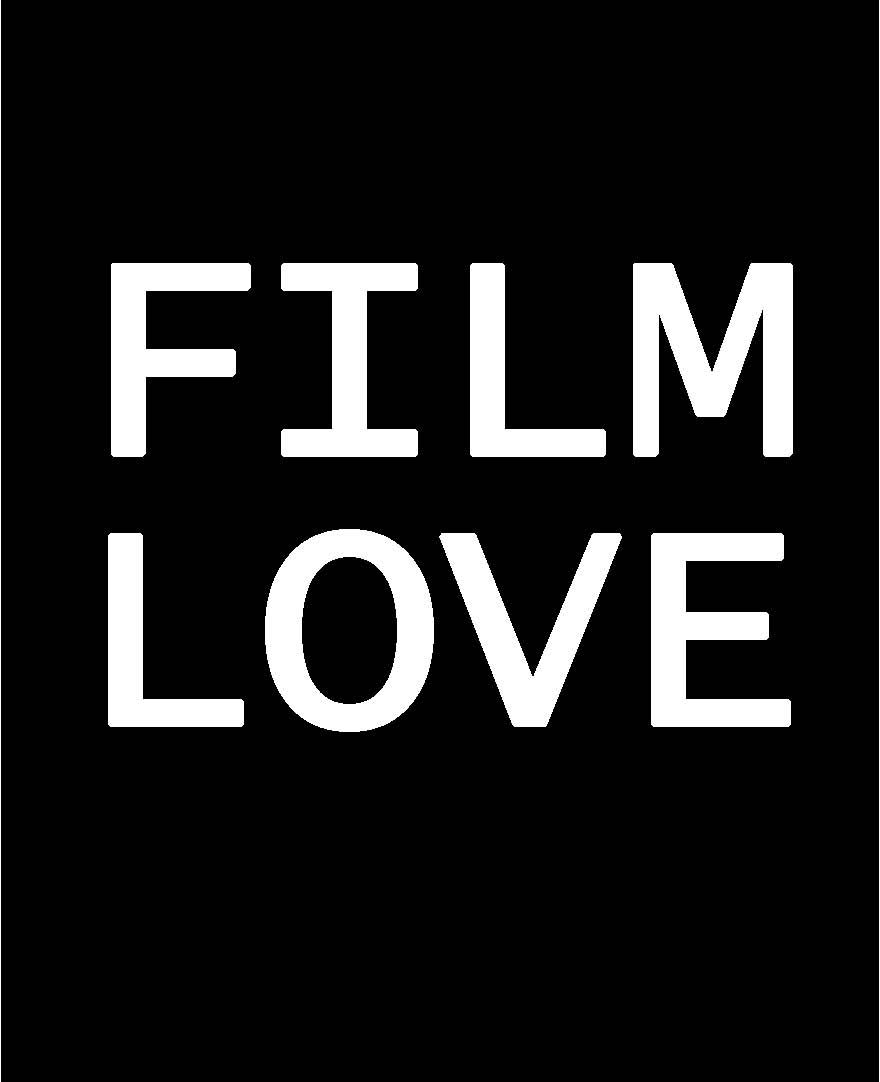

|
|
Film Love
at the High
The Cinema
of Joseph Cornell
Thursday, January 17, 2019
7:00 pm at the Hill Auditorium, High Museum of Art
$14.50 | Free for members
Tickets:
https://high.org/event/screening-film-love-retrospective-series/
After sixteen years and over 150
unique programs, the Film Love series is being honored by Atlanta’s High Museum
of Art with a spring 2019 retrospective. The retrospective
programs will be curated by Film Love founder Andy Ditzler, and will feature
audience favorites and rediscovered gems from the series’ long history. The
retrospective begins on Thursday, January 17, with one of Film Love’s most
popular shows: the cinema of Joseph Cornell.
One of the twentieth century’s
best-known artists, Joseph Cornell created surreal shadow box sculptures and
collages of extraordinary appeal and complexity. Less known is that Cornell is
equally influential as a filmmaker. His body of films constitutes a cinema
entirely its own – like his other art, mysterious and playful in equal measure.
Film Love’s first show at the High Museum of Art – part of a retrospective
series – will feature Cornell’s rarely screened work, presented mostly in 16mm
prints, the medium in which he worked.
Cornell’s mid-1930s film
collages, constructed from film reels purchased cheaply in New York City’s flea
markets, were audacious experiments. He re-cut his found treasures into
surprising new combinations of imagery that reconstituted early cinema’s magical
trickery for a modern era. Because Cornell’s talent as a scavenger of old films
was equal to his artistic abilities, many of his early films double as tours
through the still-astounding novelty movies of cinema’s first decades.
His
most ambitious work in this mode, Rose Hobart (1936), distills the 1931
B-movie East of Borneo down to a twenty-minute portrait of its lead
actress, re-ordering the events for dreamlike effect. Its premiere was
auspicious: no less than Salvador Dalí (who was present) was so jealous of
Cornell’s idea that he attacked the projector in a rage. He may have been
correct, for Rose Hobart is today an acknowledged early masterpiece of
the now ubiquitous "found footage" genre of cinema.
By the
1950s, Cornell was making films from his own footage – but in a
characteristically unique way. Instead of operating the camera himself, he
recruited two notable filmmakers, Stan Brakhage and Rudolph Burckhardt, to shoot
footage in his presence as they explored the streets and parks of New York.
These films are filled with poignant attempts to capture ephemeral emotions or
fleeting moments of beauty and insight – a cinematic achievement on par with the
artist’s much more famous shadow boxes.
Both phases of Cornell’s
filmmaking will be represented at the event. Curator Andy Ditzler will introduce
the films, followed by discussion.
Cotillion, The
Midnight Party, The Children’s Party (Lawrence Jordan and Joseph
Cornell, 1940s/1968), 16mm, 25 min
Rose Hobart (Joseph Cornell, 1936),
16mm converted to digital, 20 min
The Aviary (Joseph Cornell and
Rudolph Burckhardt, ca. 1954), 16mm, 5 min
Nymphlight (Joseph Cornell and
Rudolph Burckhardt, ca. 1957), 16mm, 7 min
A Fable for Fountains (Joseph Cornell
and Rudolph Burckhardt, ca. 1954), 16mm, 6 min
Centuries of June (Joseph Cornell and
Stan Brakhage, 1955), 16mm, 10 min
Angel (Joseph Cornell and
Rudolph Burckhardt, ca. 1957), 16mm, 3 min
Hill Auditorium, High Museum
of Art
1280 Peachtree St NE
Atlanta, Georgia 30309
www.high.org
THE CINEMA
OF JOSEPH CORNELL is a
Film Love
event. The Film Love series provides access to great but rarely seen films,
especially important works unavailable on consumer video. Programs are curated
and introduced by Andy Ditzler, and feature lively discussion. Through public
screenings and events, Film Love preserves the communal viewing experience,
provides space for the discussion of film as art, and explores diverse forms of
moving image projection and viewing.